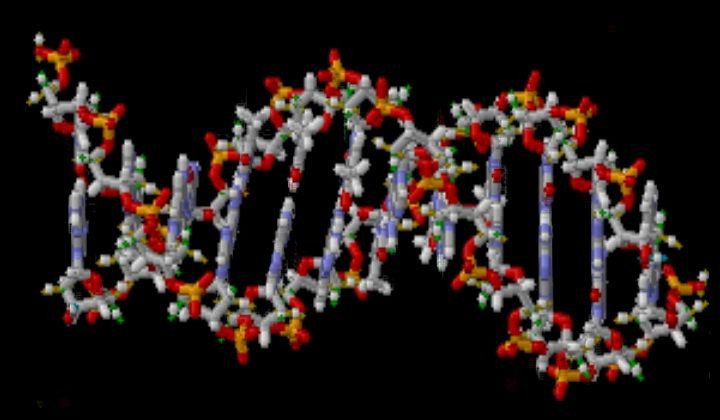Multiple Sclerosis Gene Mutations Were Originally a Positive Evolutionary Adaptation

Multiple sclerosis, Crohn's disease, rheumatoid arthritis, and other inflammatory diseases may result from mutated genes that were once positive evolutionary adaptations, says new research.
The new study lends credence to the hygiene hypothesis, with evidence that gene variants that put people at risk for inflammatory diseases like multiple sclerosis were the target of natural selection over many generations in early human history.
The researchers, led by Dr. Philip De Jager of Brigham and Women's Hospital (BWH) in Boston and Dr. Barbara Stranger of the University of Chicago, looked at existing genome-wide association studies and observed interactions among protein networks.
They found 21 places in the human genome that carry a "signature" for both natural selection and susceptibility to inflammatory disease.
The presence of gene signatures with those dual purposes suggests that in early human history, these gene variants became more prevalent in the human population because inflammatory responses helped protect us against viruses, bacteria and other pathogens.
In our modern world, however, most people no longer face exposure to the same environment and pathogens that our ancestors did. As a result, the genetic variants that originally protected us now make an autoimmune reaction more likely.
That interpretation of the results is consistent with the hygiene hypothesis, which posits that antiseptic modern environments actually contribute to the increasing prevalence of inflammatory diseases.
The hygiene hypothesis suggests that childhood exposure to germs in the environment can help strengthen the immune system against and protect children from developing allergies later on. Without early exposure to bacteria, children may become more vulnerable to inflammatory and autoimmune diseases.
Evidence suggests that these inflammatory diseases are much more common in the developed world, where antibiotics are used frequently enough to reduce children's exposure to microbes. As the world has become more hygienic, more people have been diagnosed with such conditions.
The study, the lead author of which was Dr. Towfique Raj, a postdoctoral researcher at BWH and Harvard Medical School, will be published in the April 4, 2013 issue of The American Journal of Human Genetics.



























